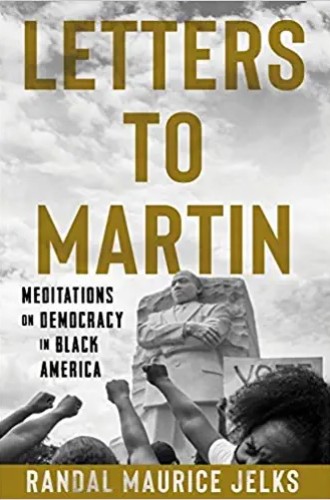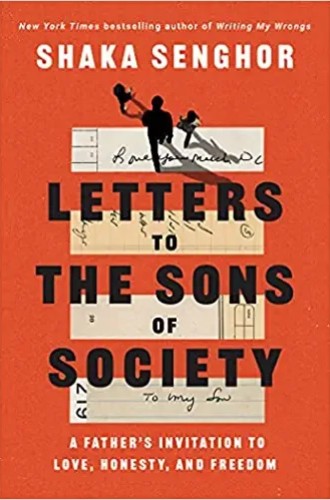Epistles of hope for our time
Randal Jelks and Shaka Senghor both write with realism but not fatalism.
When I served in congregational ministry and individuals found themselves in conflict, I often suggested letter writing as a tool. Memorializing one’s thoughts with ink on paper suggests a sense of permanence that warrants considered reflection on tone, structure, and content. When the letter is delivered, its reader can choose how and when to consume the information it contains. These qualities also make letter writing an interesting literary device—one that Randal Jelks and Shaka Senghor skillfully employ in their new books.
In Letters to Martin, Jelks, an accomplished scholar of Black American life, writes letters of social lament, diagnosis, and prescription to Martin Luther King Jr. The book may best be described as an intellectual history that connects the thought of the past—and especially the work of Black intellectuals—to the present. Jelks seeks to protect King’s legacy against both abstraction and sensationalism by creatively humanizing the civil rights leader’s context while also addressing his flaws. He also challenges current problematic and misguided appropriations of King’s words, ideas, and legacy.
I confess to initially struggling with this book because I felt like an interloper in the conversation it created. As a millennial White pastor, was I part of the intended audience, or was I an unwelcome eavesdropper?






